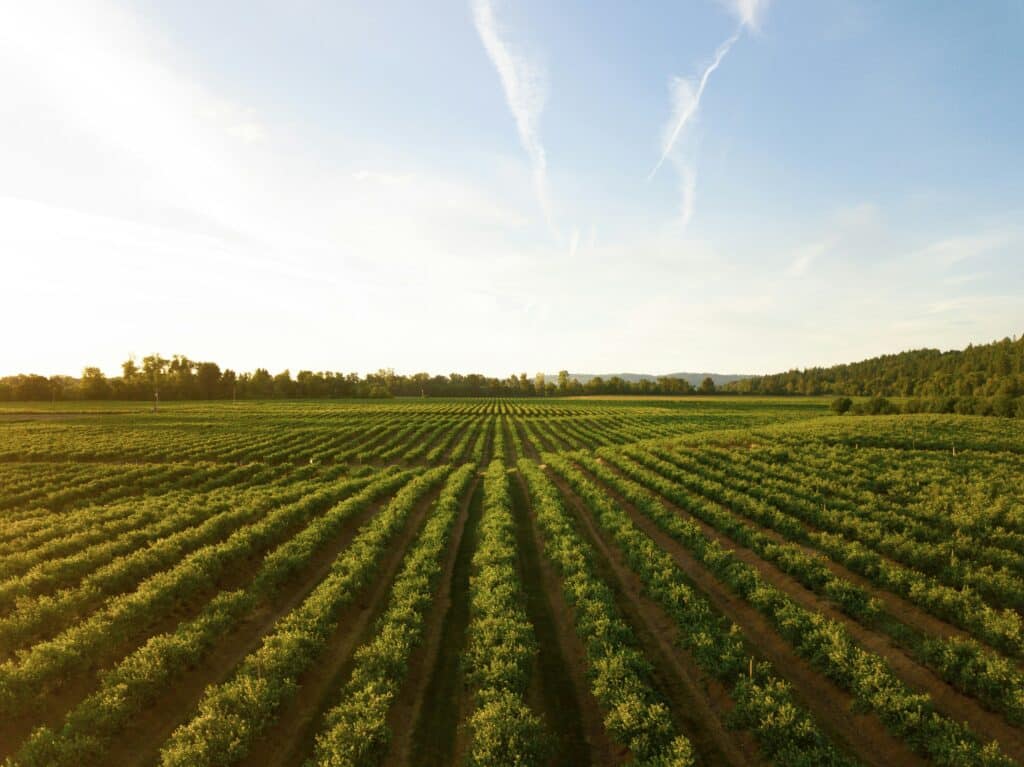Affordable Blockchain Solutions for Small Farms: Enhance Traceability Today!

Transforming Small-Scale Farming with blockchain Technology
Revolutionizing Market Access for Farmers
blockchain technology is proving to be a game-changer for small-scale farmers, offering them enhanced access to markets without incurring high costs. Unlike conventional traceability systems that often require extensive infrastructure, innovative blockchain solutions utilize straightforward mobile applications and QR codes to document the entire journey of products from cultivation to sale. This not only meets the increasing consumer demand for transparency but also gives local farmers a competitive edge.
- Revolutionizing Market Access for Farmers
- Key Benefits for Smallholder Farmers
- Enhancing Supply Chain Transparency
- Utilizing Smart Contracts for Efficiency
- Combating Fraud in Agriculture
- Making blockchain Affordable for Small Farms
- Innovative Access Models
- Cost and Efficiency Comparison for Small Farms
- Addressing Challenges in Adoption
- Overcoming Barriers to Entry
Key Benefits for Smallholder Farmers
Enhancing Supply Chain Transparency
Affordable platforms such as Farmonaut harness satellite imagery and mobile applications to meticulously log farming activities on an unalterable ledger. Farmers can create QR codes for their product packaging, enabling consumers to instantly verify the origins and agricultural practices behind their purchases.
Utilizing Smart Contracts for Efficiency
Automated payment systems can facilitate immediate fund transfers upon delivery confirmation, minimizing the need for middlemen and eliminating payment delays. For instance, AgriDigital’s grain-trading platform allows farmers to receive their payments within hours instead of waiting for months.
Combating Fraud in Agriculture
Inexpensive digital tagging methods, such as NFC chips or RFID, can authenticate organic certifications and sustainable farming practices, thereby reducing the risk of counterfeit seeds or incorrectly labeled products. This not only safeguards farmers’ livelihoods but also maintains the integrity of their brands.
Making blockchain Affordable for Small Farms
Innovative Access Models
New approaches are making blockchain technology accessible to small-scale farmers:
-
TE-FOOD in Vietnam provides cost-effective farm-to-table traceability for fresh produce, benefiting small livestock and vegetable growers.
-
AgUnity offers blockchain-based mobile tools that allow farmers without internet access to record transactions and verify community activities.
-
Farmonaut provides satellite monitoring services with free tiers, enabling smallholders to digitize their records without the need for expensive hardware.
Cost and Efficiency Comparison for Small Farms
| Traceability Aspect | Traditional Methods | blockchain Solutions |
|---|---|---|
| Setup Cost | High (manual audits, paperwork) | Low (mobile/web applications) |
| Verification Speed | Days to weeks | Instant via QR scans |
| Payment Cycles | 30 to 90 days | Instant via smart contracts |
| Fraud Prevention | Limited | High (immutable records) |
Addressing Challenges in Adoption
Overcoming Barriers to Entry
Despite initial costs and technical challenges, solutions are emerging to facilitate adoption:
-
Subscription Models: Platforms like Farmonaut offer tiered pricing, making entry-level traceability affordable for less than $10 per month.
-
Offline Functionality: Applications like AgUnity can sync data when internet connectivity is available, catering to rural areas.
-
Collaborations with Governments and Cooperatives: Initiatives in countries like India and Vietnam are subsidizing blockchain tools for farmer collectives.
For small-scale farmers, blockchain technology is evolving from a theoretical concept into a practical resource that fosters trust and enables them to command higher prices in local markets.







